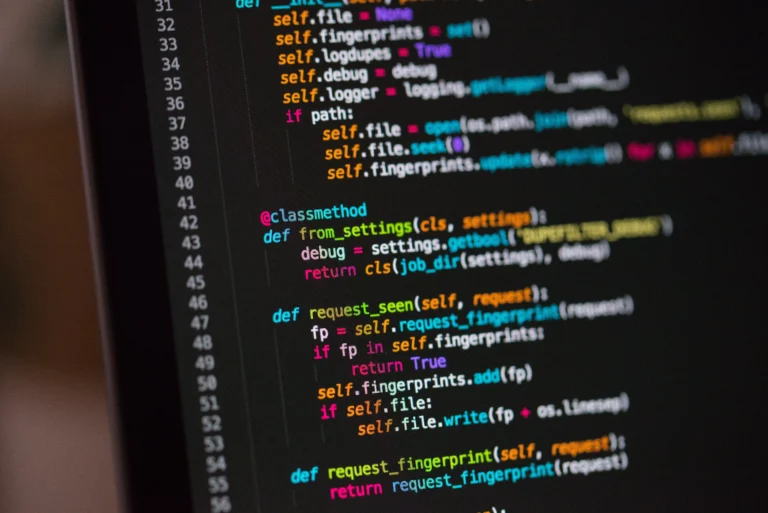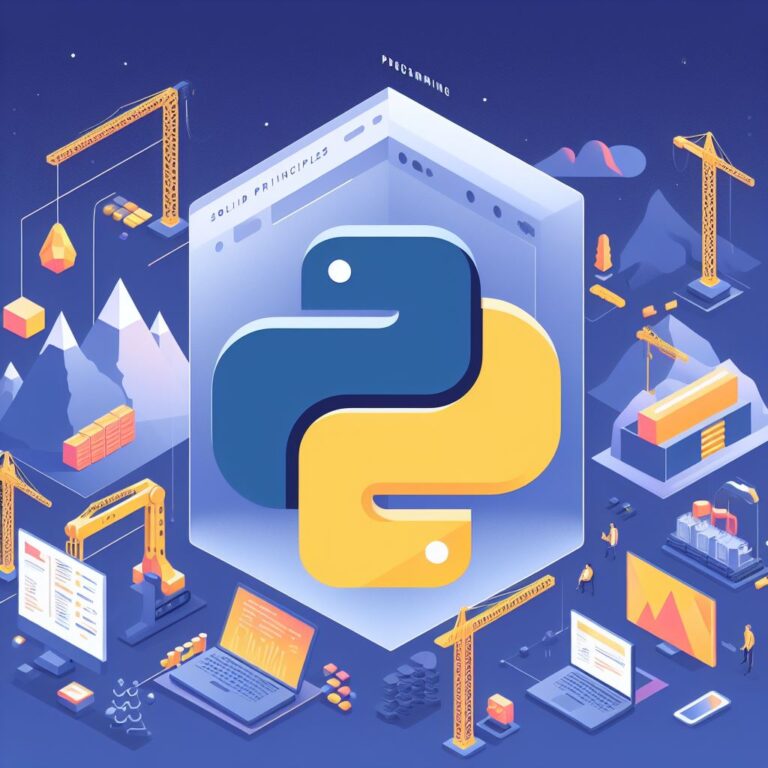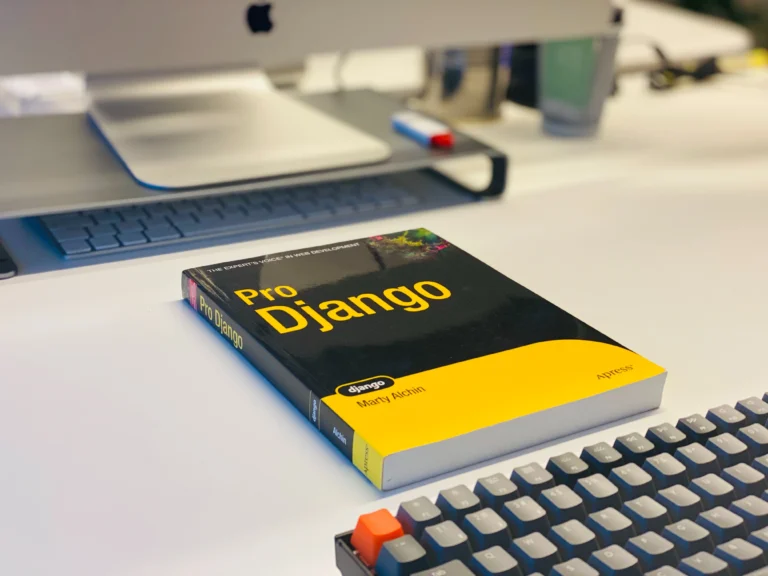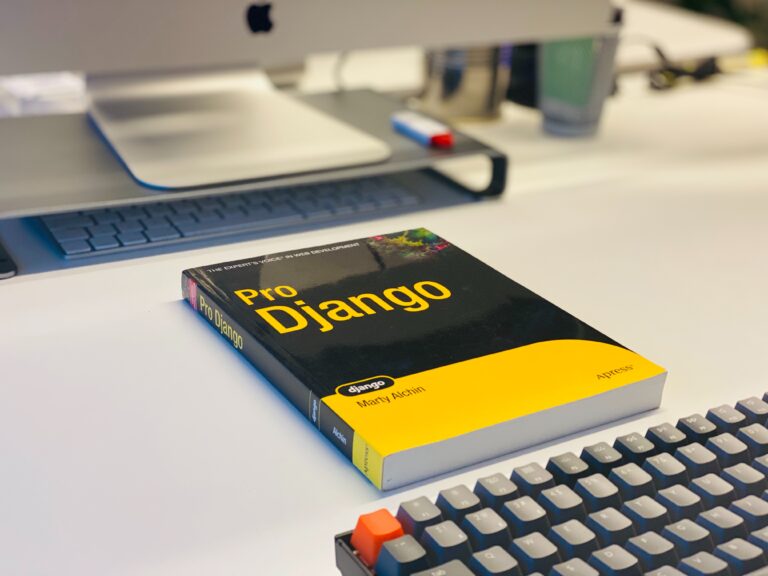Mastering SOLID Principles in Python: A Comprehensive Guide for Developers
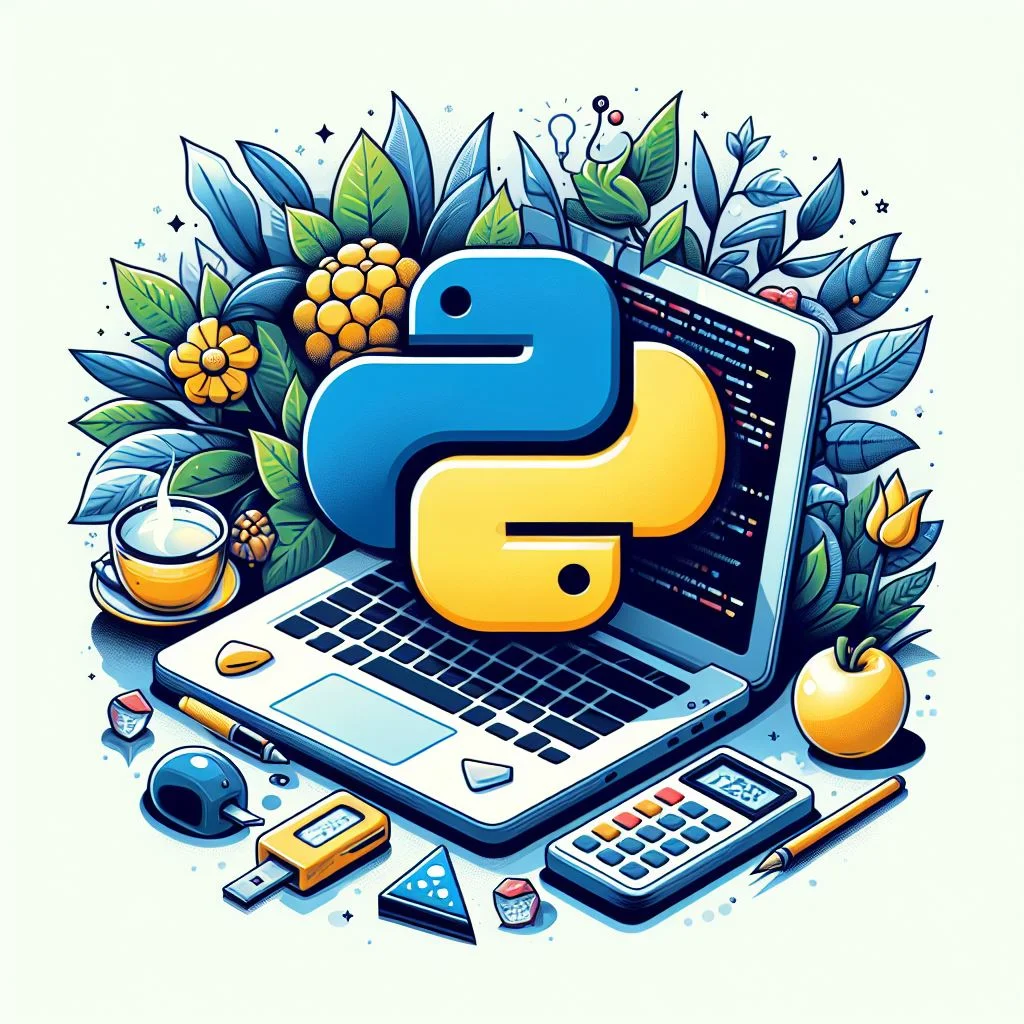
In this article, we will explore each of the SOLID principles and demonstrate how they can be applied in Python with simple yet powerful code examples.
In the realm of software development, writing maintainable and scalable code is crucial. One set of principles that have proven to be effective in achieving these goals is SOLID, an acronym representing a collection of five design principles for writing clean and understandable code.
Single Responsibility Principle (SRP)
The Single Responsibility Principle states that a class should have only one reason to change. In simpler terms, a class should have only one responsibility or job. This makes the code more modular, easier to understand, and less prone to bugs.
Let’s consider a scenario where we want to model a basic system for handling geometric shapes. We’ll start with a class that violates SRP:
class Shape:
def calculate_area(self):
pass
def draw(self):
passIn this example, the `Shape` class is responsible for both calculating the area and drawing the shape. To adhere to SRP, we should split these responsibilities into two separate classes:
class Shape:
def calculate_area(self):
pass
class Drawer:
def draw(self):
passBy doing this, each class now has a single responsibility, making the code more maintainable and flexible.
You might Like: 7 reasons why you should contribute to open-source!
Open/Closed Principle (OCP)
The Open/Closed Principle suggests that a class should be open for extension but closed for modification. In other words, you should be able to add new functionality to a class without altering its existing code.
Consider a scenario where we have a class handling different types of payments:
class PaymentProcessor:
def process_payment(self, amount, payment_method):
if payment_method == 'credit_card':
# process credit card payment
elif payment_method == 'paypal':
# process PayPal paymentTo make this class adhere to the OCP, we can introduce a PaymentHandler interface and create separate classes for each payment method:
from abc import ABC, abstractmethod
class PaymentHandler(ABC):
@abstractmethod
def process_payment(self, amount):
pass
class CreditCardHandler(PaymentHandler):
def process_payment(self, amount):
# process credit card payment
class PayPalHandler(PaymentHandler):
def process_payment(self, amount):
# process PayPal paymentNow, we can easily extend the system by adding new payment methods without modifying the existing code.
Liskov Substitution Principle (LSP)
The Liskov Substitution Principle of the SOLID Principles emphasizes that objects of a superclass should be replaceable with objects of a subclass without affecting the correctness of the program. In simpler terms, a subclass should be able to substitute its parent class without causing issues.
Let’s take an example of a `Bird` class and a `Penguin` subclass:
class Bird:
def fly(self):
pass
class Penguin(Bird):
def fly(self):
# Penguins can't fly, so override the fly method
raise Exception("Penguins can't fly")Now, any code that expects a `Bird` should be able to work seamlessly with a `Penguin`. This ensures that substituting a `Penguin` for a `Bird` won’t break the program.
Interface Segregation Principle (ISP)
The Interface Segregation Principle states that a class should not be forced to implement interfaces it does not use. In other words, it’s better to have multiple small, specific interfaces rather than a large, monolithic one.
Consider an example where we have a `Worker` interface:
from abc import ABC, abstractmethod
class Worker(ABC):
@abstractmethod
def work(self):
pass
@abstractmethod
def eat(self):
passIf we have a class representing a robot that doesn’t eat, it would still be forced to implement the `eat` method. To adhere to ISP, we can split the interface into smaller ones:
from abc import ABC, abstractmethod
class Workable(ABC):
@abstractmethod
def work(self):
pass
class Eatable(ABC):
@abstractmethod
def eat(self):
passNow, a class can implement only the interfaces it needs, promoting a cleaner design.
You might like: Best Keyboards for programmers
Dependency Inversion Principle (DIP)
The Dependency Inversion Principle suggests that high-level modules should not depend on low-level modules but both should depend on abstractions. This principle encourages the use of interfaces or abstract classes to decouple high-level and low-level modules.
Consider a scenario where we have a `LightBulb` class that is controlled by a `Switch` class:
class Switch:
def __init__(self, bulb):
self.bulb = bulb
def operate(self):
# operate the light bulb
passTo adhere to DIP, we can introduce an interface for the `LightBulb`:
from abc import ABC, abstractmethod
class Switchable(ABC):
@abstractmethod
def operate(self):
pass
class LightBulb(Switchable):
def operate(self):
# operate the light bulb
pass
class Switch:
def __init__(self, device):
self.device = device
def operate(self):
# operate the device
self.device.operate()Now, the `Switch` class depends on the `Switchable` interface rather than a concrete implementation, promoting flexibility and decoupling.
Conclusion:
Mastering SOLID principles is a fundamental step towards becoming a proficient and professional software developer. By applying these principles, developers can create code that is modular, flexible, and easy to maintain.
The examples provided in this article illustrate how SOLID principles can be implemented in Python, showcasing the practicality and benefits of adhering to these principles in real-world scenarios.
As you continue to refine your coding skills, incorporating SOLID principles into your development practices will undoubtedly contribute to the creation of robust and sustainable software systems.
Talha is a seasoned Software Engineer with a passion for exploring the ever-evolving world of technology. With a strong foundation in Python and expertise in web development, web scraping, and machine learning, he loves to unravel the intricacies of the digital landscape. Talha loves to write content on this platform for sharing insights, tutorials, and updates on coding, development, and the latest tech trends



